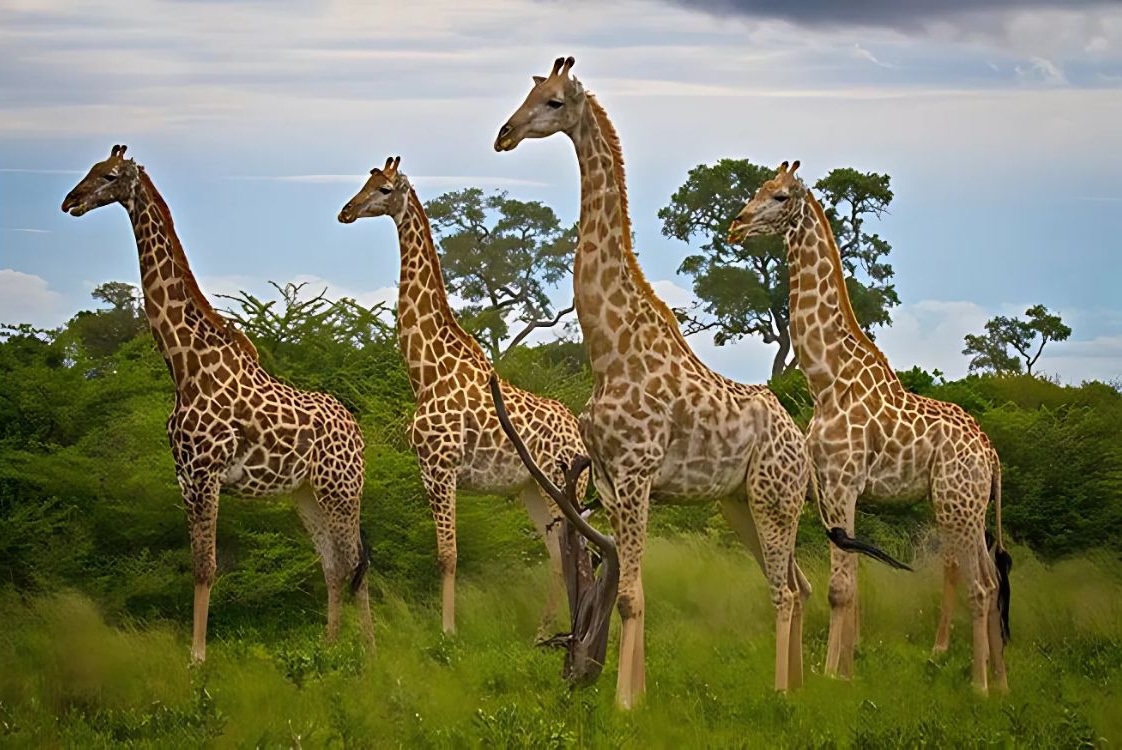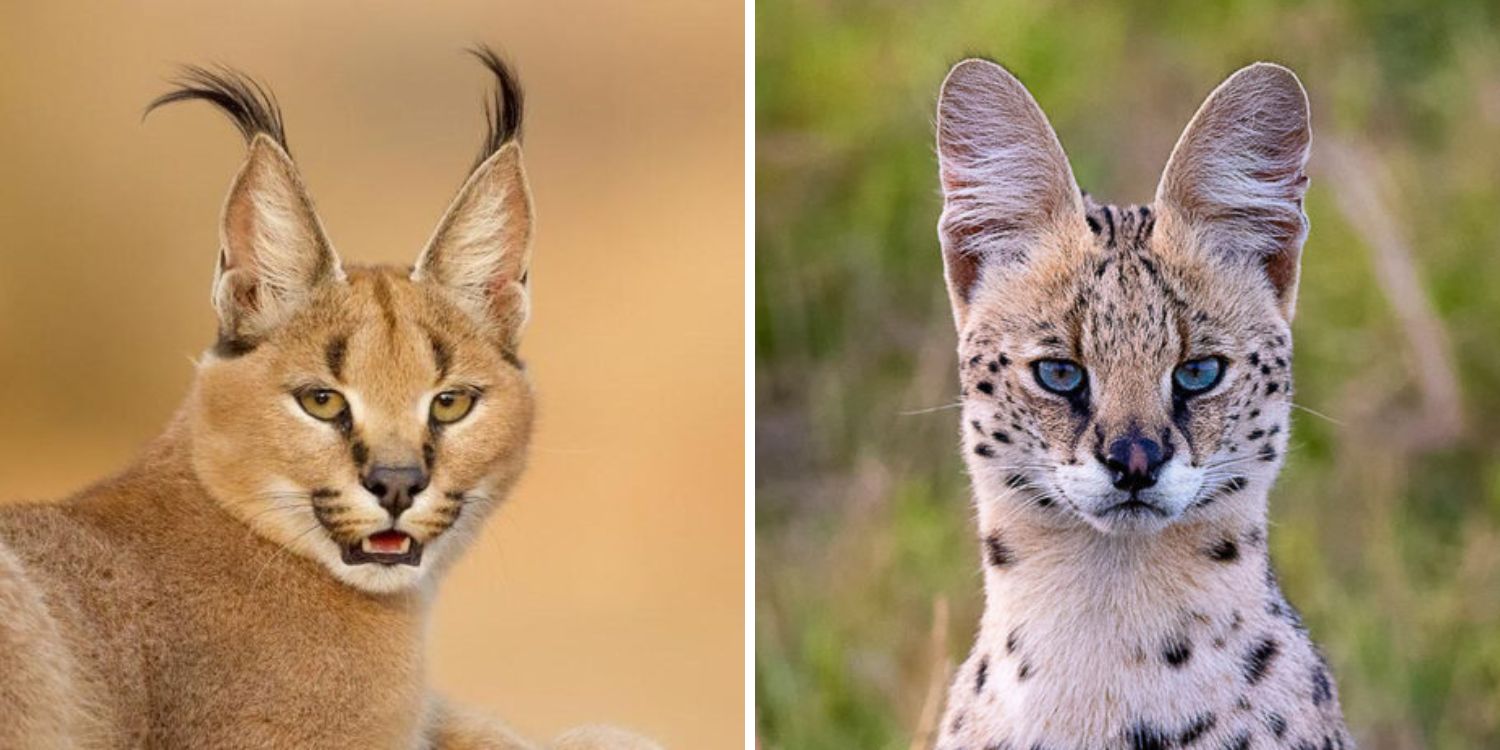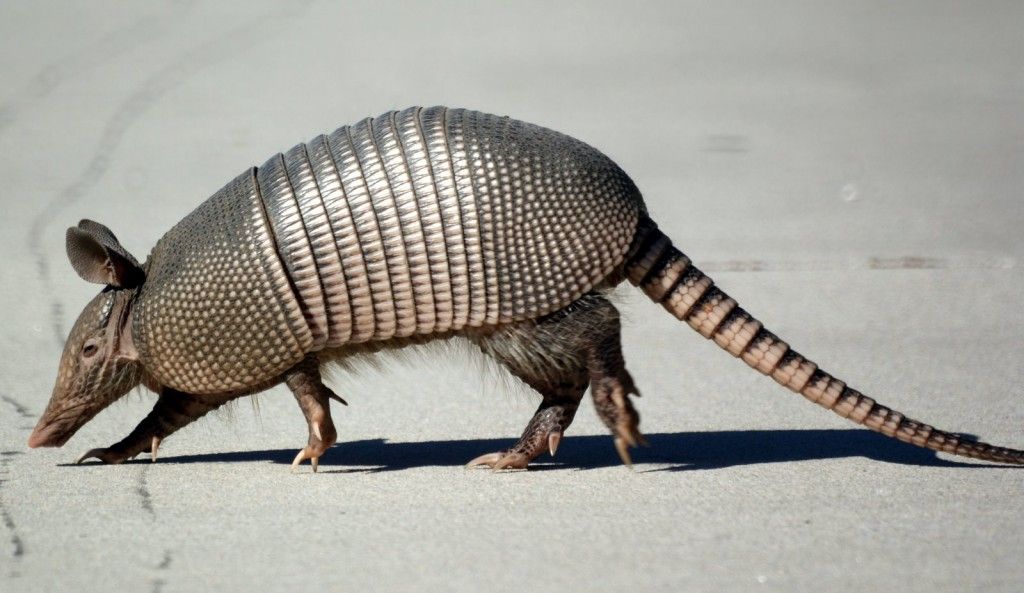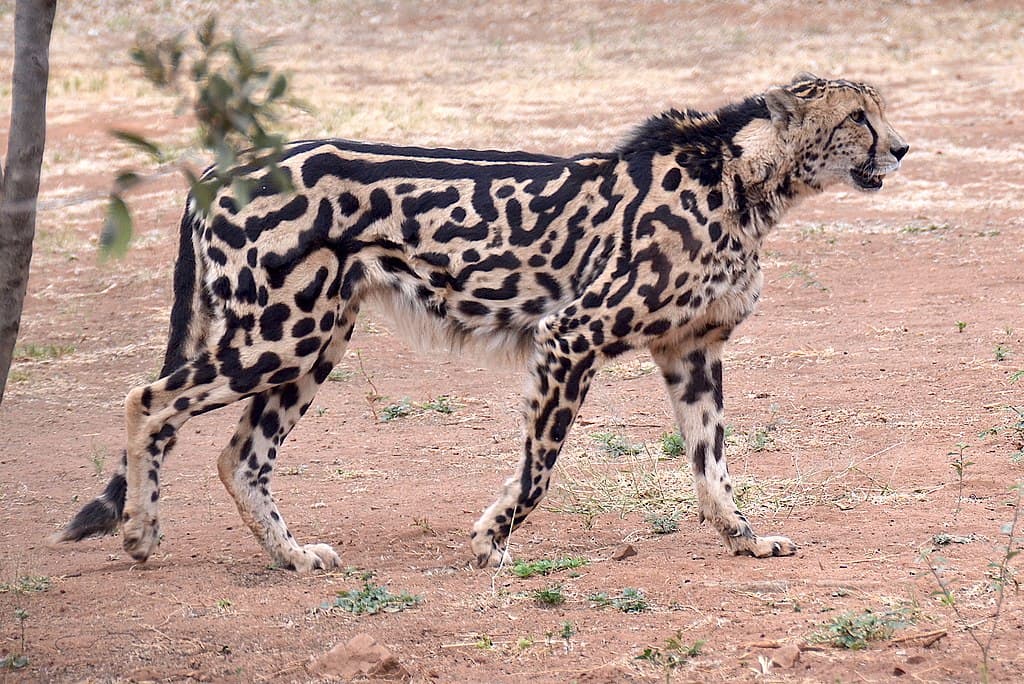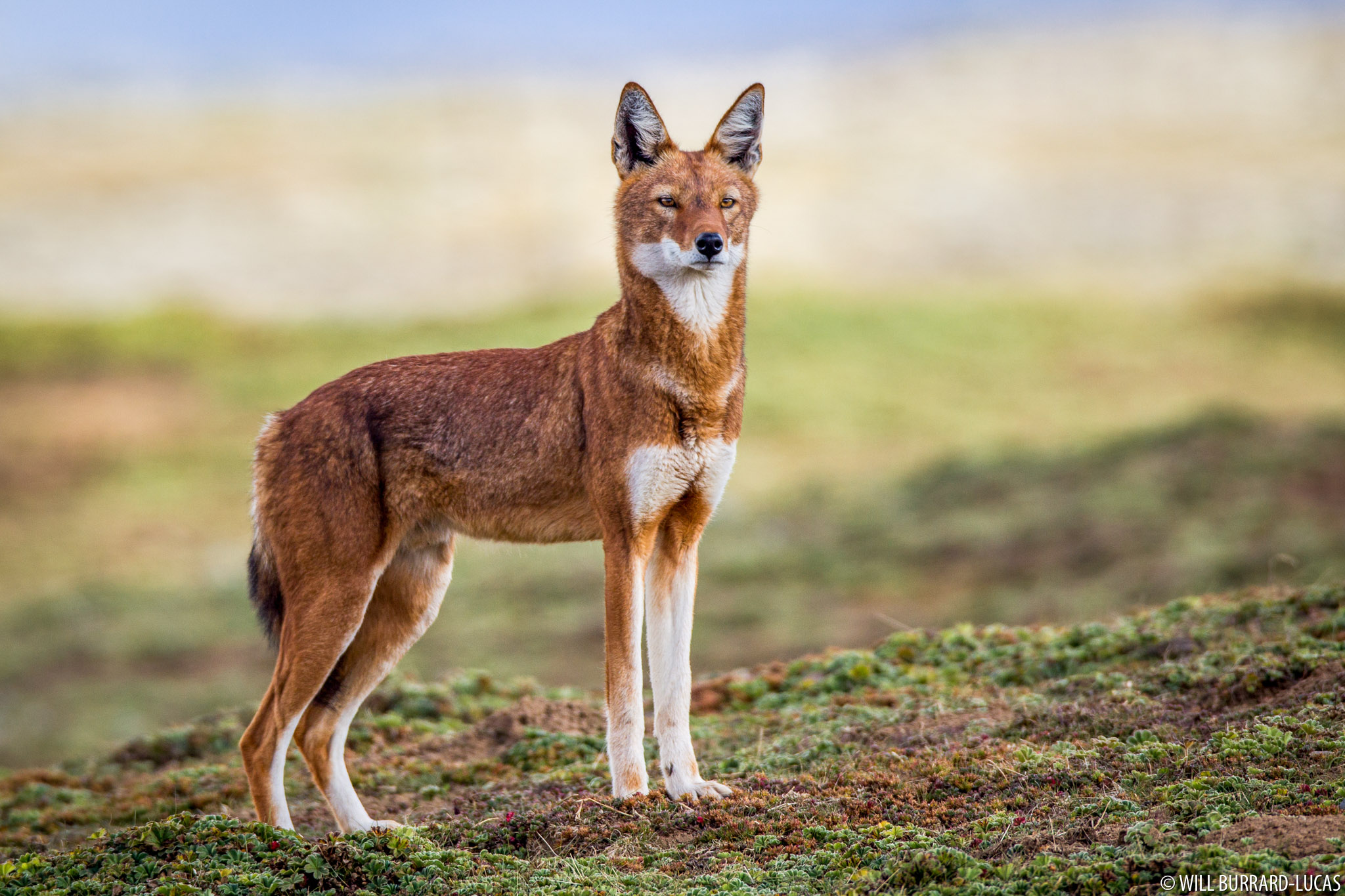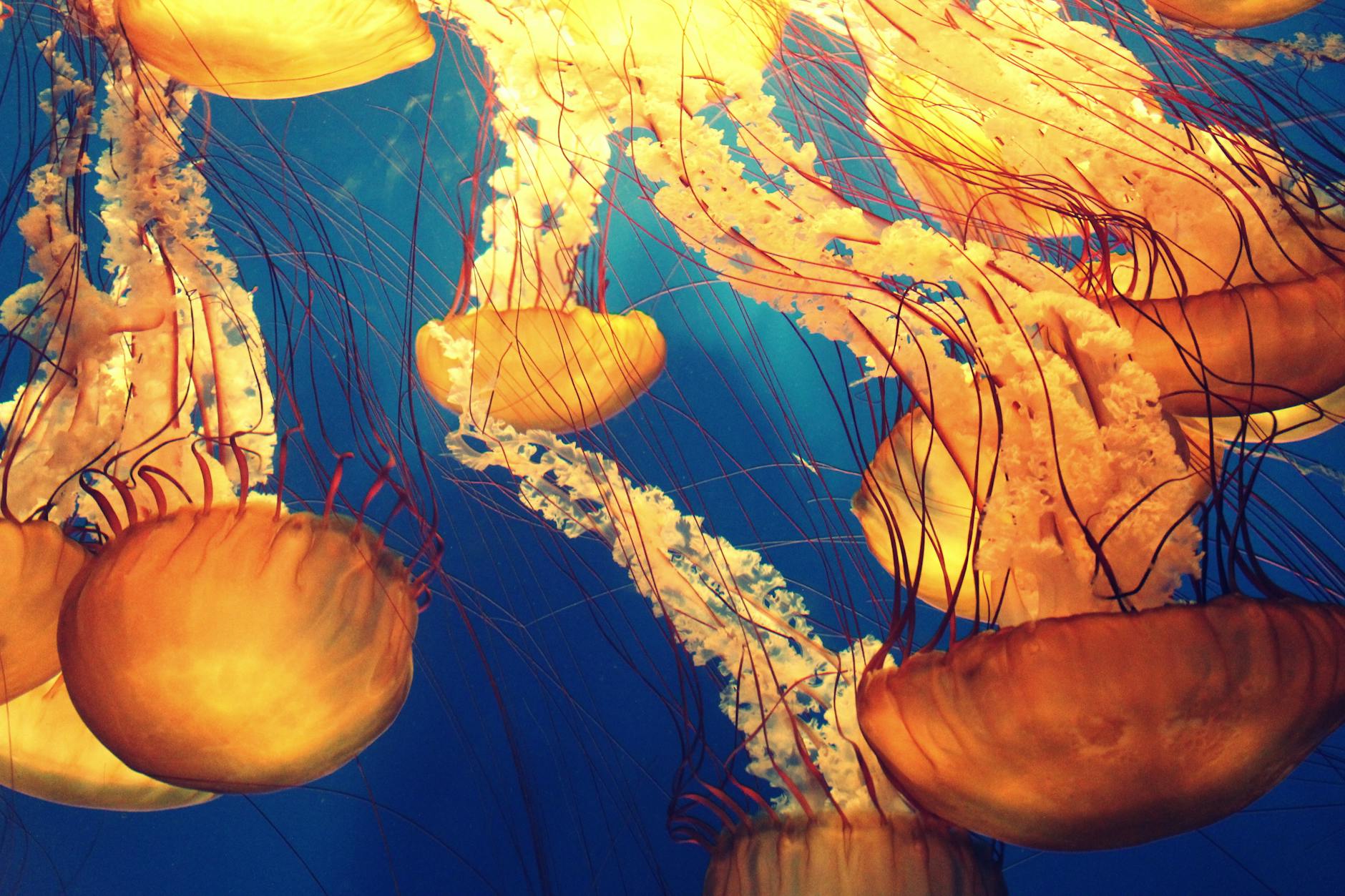
Pangolins: The Scaly Survivors Facing a Silent Threat
Imagine an adorable anteater crossed with a pinecone, and you’ve got a pangolin. These unique mammals, covered in overlapping scales, are the most trafficked wild animals in the world, facing a silent and deadly threat. Let’s delve into the fascinating world of pangolins and understand why they desperately need our help.
Nature’s Armored Wonders
Pangolins come in eight different species, found in Africa and Asia. Their most striking feature is their armor – a layer of tough, keratin scales that act as a shield against predators. When threatened, pangolins roll up into a ball, presenting their predator with an impenetrable defense. But these scales are also their biggest curse.
A Devastating Demand
In some cultures, pangolin scales are mistakenly believed to have medicinal properties. This has fueled a booming illegal trade, with pangolins being poached at unsustainable rates. Their scales are ground into a powder, despite a complete lack of scientific evidence for any medicinal benefits. The demand in Asia has driven pangolin populations to the brink of extinction.
Beyond the Armor: A Gentle Creature
Despite their tough exterior, pangolins are gentle creatures. They are shy, nocturnal animals that spend their days curled up in burrows or hollow trees. Their primary diet consists of ants and termites, which they expertly capture using their long, sticky tongues. Pangolins lack teeth, so they rely on powerful muscles to crush their prey inside their stomachs.
Devoted Mothers
One fascinating aspect of pangolin biology is their parental care. Unlike their armored exterior, pangolin babies are born soft and vulnerable. Mothers carry their single offspring on their tails, protected by the overlapping scales. This unique method of transport allows mothers to keep their young safe while foraging for food. As the baby grows older, its scales will harden, and it will eventually graduate to riding on its mother’s back.
A Fight for Survival
Conservation efforts are underway to protect pangolins. Anti-poaching patrols, stricter regulations on wildlife trade, and public awareness campaigns are all playing a vital role. However, the fight is far from over. Habitat loss due to deforestation also threatens pangolin populations.
What You Can Do to Help
Here are some ways you can contribute to pangolin conservation:
- Educate yourself and others: Share information about the plight of pangolins and the dangers of the illegal wildlife trade.
- Support conservation organizations: Donate to organizations working on pangolin research, anti-poaching efforts, and habitat protection.
- Make informed choices: Avoid products that might contain pangolin scales (though thankfully, this is now illegal in most countries).
- Raise your voice: Let your government officials know that you support stricter regulations on wildlife trafficking.
Pangolins are fascinating creatures that deserve a chance to survive. By working together, we can ensure these “scaly survivors” continue to roam free for generations to come.
More photos below ↓








